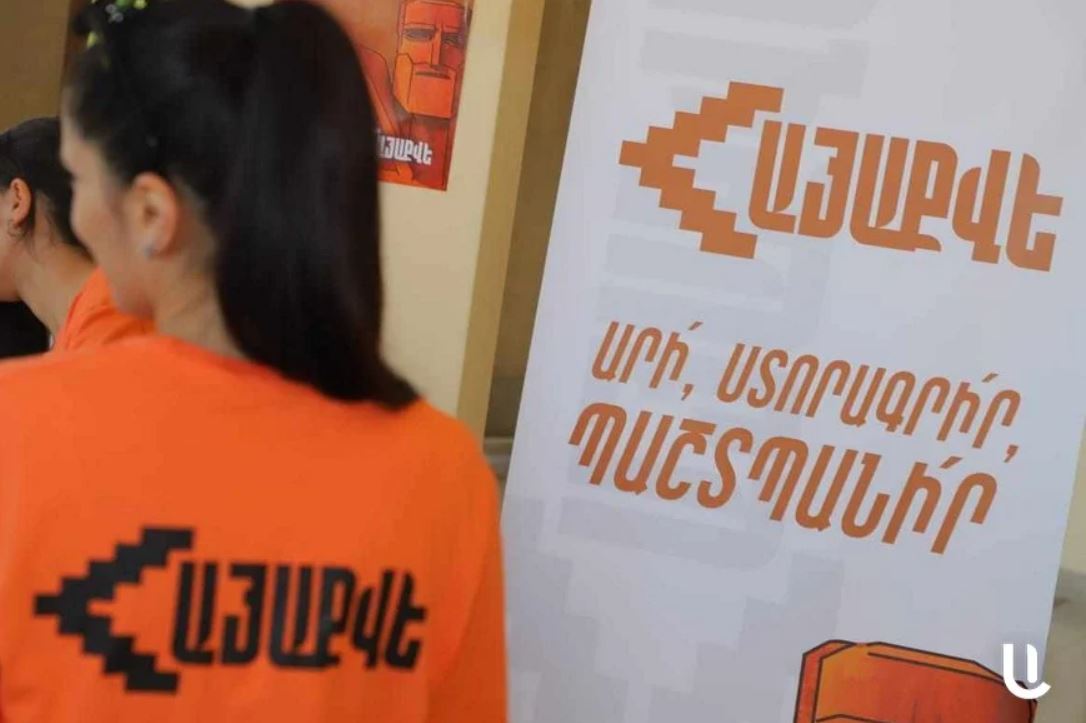In the founding document of the Third Republic of Armenia, the preamble to the Declaration of Independence adopted in 1990, there are the following lines: “…based on the joint decision of the Supreme Council of the Armenian SSR and the National Council of Nagorno- Karabakh dated December 1, 1989 “On the reunification of the Armenian SSR and Nagorno- Karabakh.” And the current Constitution of Armenia begins with the following words: “The Armenian people, taking as a basis the fundamental principles of Armenian statehood and national goals established in the Declaration of Independence of Armenia…”. What is enshrined in the Constitution is called a fundamental law, which one or another citizen, group of citizens, including the country’s government, may not like; they may not agree with the provisions of the law. But regardless of our subjective attitude, breaking the law is a misdemeanor or a crime.
Otherwise, the government can take, let’s say, any article of the Criminal Code and declare that that article is outdated, does not meet the day’s requirements, and, therefore, is not subject to implementation. Just like that, the government cannot cancel any law; at most, it can take a legislative initiative, and the National Assembly can make changes in the law. However, the strength of the Constitution lies in the fact that none of its immutable articles can be changed at the whim of the government or the National Assembly.
In this sense, the “HayaKve” initiative seems logical to me: it is aimed at changes in the Criminal Code so that severe criminal punishment is provided for those who recognize Artsakh as part of another state on behalf of the Republic of Armenia. If 50,000 signatures are collected, it will be possible to introduce the issue to the National Assembly.
Clearly, the National Assembly, with a Civil Contract majority, will not adopt such a law. I even know the CC-style arguments that will sound against that initiative: “But what about Ter-Petrosyan, Sargsyan, Kocharyan…”? In that case, there is an opportunity to ask the people for support again, get another 300 thousand signatures, and take the issue to a referendum by force of law.
Read also
I see the value of the initiative in its civic, non-political nature. Today Pashinyan is the state’s leader, tomorrow, there will be someone else, and the citizens want no leader to violate the Constitution. And if he violates it, he will be punished by law. Everything is straightforward, I think.
Aram ABRAHAMYAN




















































